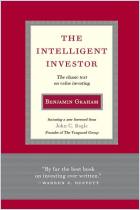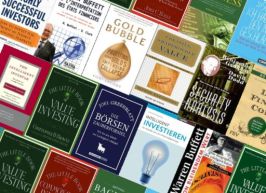Join getAbstract to access the summary!

Join getAbstract to access the summary!
Justyn Walsh
Investing with Keynes
How the World's Greatest Economist Overturned Conventional Wisdom and Made a Fortune on the Stock Market
Pegasus Books, 2021
What's inside?
Keynes wasn’t just a great economist; he also was one of the world’s best value investors.
Recommendation
Now that everybody seems to be a Keynesian again, it may be a good time to revisit economist John Maynard Keynes’s oft-overlooked strategies for succeeding in the stock market. This lively look at Keynes’s evolution as an investor is sure to convince readers that value investing is a wise approach. With pithy language and an engaging style, financial expert Justyn Walsh points out that Warren Buffett isn’t the only value investor worth emulating. Investors familiar with Buffett’s mantras will find little new advice here, but Walsh does an admirable job of casting Keynes’s life and economic theory in a new light.
Summary
About the Author
Justyn Walsh is CEO of BridgeLane Agriculture Partners, an asset management firm. He previously worked as a corporate lawyer and investment banker.

























Comment on this summary